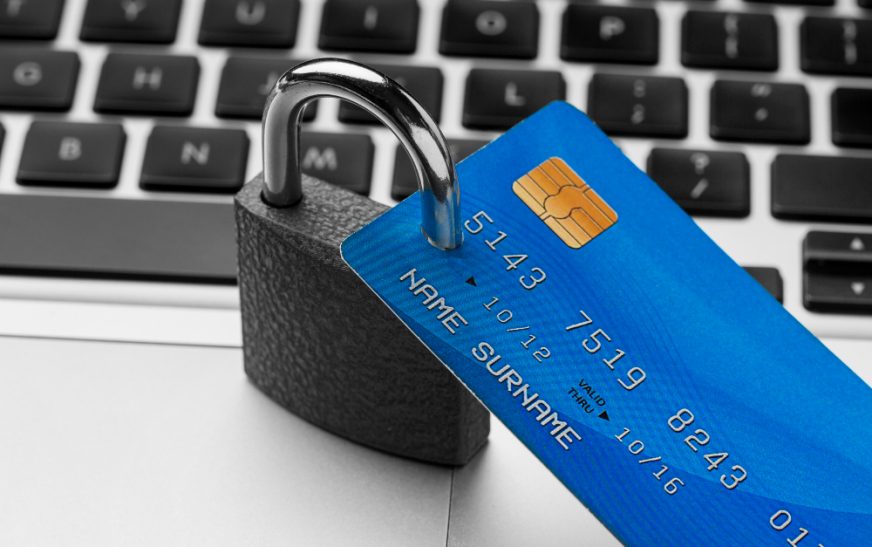Building credit is essential for achieving financial stability and accessing opportunities such as loans, mortgages, and favorable interest rates. However, if you have a limited credit history or poor credit, it can be challenging to qualify for traditional credit cards. In such cases, a secured credit card can be an excellent tool for building or rebuilding credit. In this comprehensive guide, we’ll explore what secured credit cards are, how they work, and provide valuable tips for using them to build credit effectively.
Understanding Secured Credit Cards
Secured credit cards are a type of credit card that requires a cash deposit as collateral to establish a credit line. Unlike traditional credit cards, which are unsecured and do not require collateral, secured credit cards are designed for individuals with limited or poor credit history. The cash deposit acts as security for the card issuer, reducing the risk of default for the lender.
How Secured Credit Cards Work
- Security Deposit: When you apply for a secured credit card, you’ll be required to make a cash deposit with the card issuer. This deposit typically determines your credit limit, with many issuers offering credit limits equal to the amount of the deposit.
- Credit Reporting: Secured credit card issuers report your payment history to the major credit bureaus, just like traditional credit cards. This means that responsible use of a secured credit card can help you build positive credit history over time.
- Building Credit: By making timely payments and keeping your credit utilization low, you can demonstrate responsible credit behavior and gradually improve your credit score. Over time, you may become eligible for traditional, unsecured credit cards with higher credit limits and better rewards.
Tips for Building Credit with a Secured Credit Card
- Choose the Right Card: When selecting a secured credit card, compare offers from different issuers, considering factors such as fees, interest rates, credit reporting policies, and additional features. Look for a card with no annual fee and a low deposit requirement.
- Make Timely Payments: Payment history is the most crucial factor in determining your credit score. Always pay your secured credit card bill on time and in full to avoid late fees and negative marks on your credit report.
- Keep Balances Low: Aim to keep your credit utilization ratio—the amount of credit you’re using compared to your credit limit—below 30%. Keeping balances low demonstrates responsible credit management and can positively impact your credit score.
- Use the Card Responsibly: Use your secured credit card for small, regular purchases that you can afford to pay off each month. Avoid maxing out your credit limit or carrying a balance, as this can negatively impact your credit score.
- Monitor Your Credit Score: Regularly monitor your credit score and credit report to track your progress and identify any errors or discrepancies. You’re entitled to one free credit report from each of the major credit bureaus annually through AnnualCreditReport.com.
- Graduate to an Unsecured Card: Once you’ve established a positive credit history with your secured credit card, inquire with the issuer about upgrading to an unsecured credit card. Some issuers offer this option after a period of responsible card usage.
- Be Patient and Persistent: Building credit takes time and discipline. Stay committed to responsible credit habits, and you’ll see improvements in your credit score over time.
FAQs
- What is a secured credit card?
A secured credit card is a type of credit card that requires a cash deposit as collateral to establish a credit line. It is designed for individuals with limited or poor credit history and can help them build or rebuild credit.
- How does a secured credit card work?
When you apply for a secured credit card, you are required to make a cash deposit with the card issuer, which determines your credit limit. You use the secured credit card for purchases just like a traditional credit card, and your payment history is reported to the major credit bureaus.
- What are the benefits of using a secured credit card to build credit?
Using a secured credit card responsibly can help individuals establish or improve their credit history. Timely payments and responsible credit management can lead to a higher credit score over time, making it easier to qualify for traditional credit products in the future.
- How do I choose the right secured credit card?
When choosing a secured credit card, consider factors such as fees, interest rates, credit reporting policies, and additional features. Look for a card with no annual fee, a low deposit requirement, and a reputable issuer.
- How long does it take to build credit with a secured credit card?
The time it takes to build credit with a secured credit card varies depending on individual circumstances. Generally, it takes at least six months to a year of responsible credit usage to see significant improvements in credit score.
- Can I upgrade from a secured credit card to an unsecured credit card?
Some secured credit card issuers offer the option to upgrade to an unsecured credit card after a period of responsible card usage. Contact your issuer to inquire about eligibility for an upgrade.
- What should I do if I’m denied for a secured credit card?
If you’re denied for a secured credit card, you may need to explore alternative options for building credit, such as becoming an authorized user on someone else’s credit card, applying for a credit-builder loan, or using a secured loan.
- Are there any risks associated with using a secured credit card?
While secured credit cards can be a valuable tool for building credit, there are risks associated with them, such as potential loss of the security deposit if you default on payments. Additionally, high fees or interest rates can make some secured credit cards expensive to use. Be sure to read the terms and conditions carefully before applying.
Conclusion
A secured credit card can be a valuable tool for building or rebuilding credit, providing a pathway to financial stability and future opportunities. By understanding how secured credit cards work and following the tips outlined in this guide, you can use your secured credit card effectively to establish a positive credit history and improve your credit score. Remember to choose the right card, make timely payments, keep balances low, and monitor your credit score regularly. With patience, persistence, and responsible credit management, you can achieve financial success and unlock a brighter financial future.


















